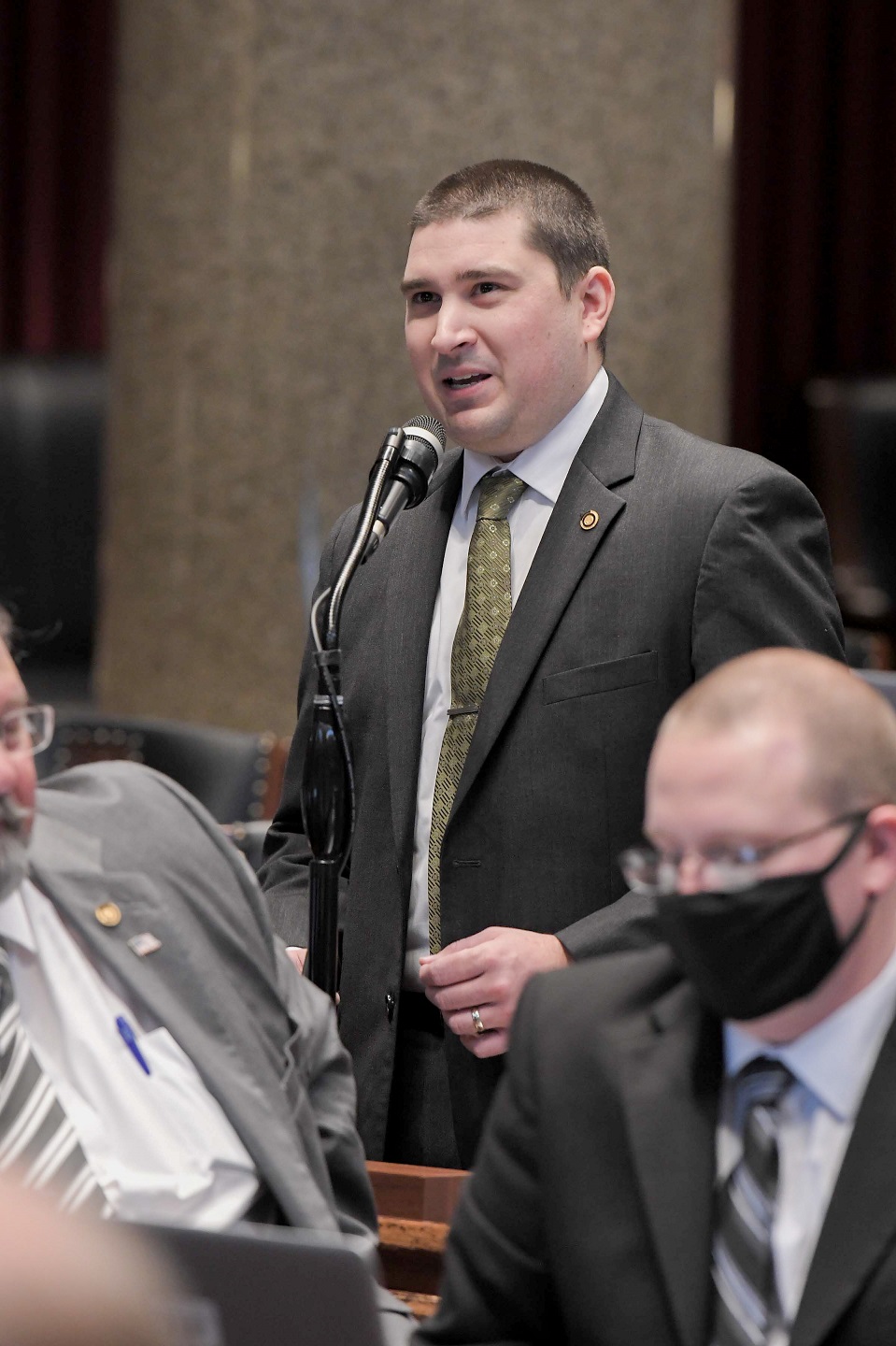A House committee has been asked to consider closing what’s been called a “loophole” in Missouri law regarding civil asset forfeiture.

Civil asset forfeiture, “allows the government to take your private property without compensation and without the need to convict you or even charge you with a crime,” Representative Tony Lovasco (R-O’Fallon) told the House Committee on General Laws.
“Now you might think that this is a ridiculous process that we wouldn’t allow here in Missouri, and you’d mostly be right,” Lovasco continues, but he says there’s a hitch. While Missouri law doesn’t allow for civil asset forfeiture without a conviction he said local prosecutors are getting around it through the federal equitable sharing program.
He said the federal program also allows 80-percent of the proceeds stemming from seized assets to go to the law enforcement agencies who seized them, “which creates an unfortunate, perverse incentive to be very, very aggressive at actually filing these cases.”
Lovasco’s proposal, House Bill 1613, would block Missouri law enforcement and prosecutors from transferring seized property to federal authorities. It would also stipulate that federal authorities working with authorities in Missouri must give responsibility for seized property to a state entity.
The bill would apply to seizures including less than $100,000 in U.S. currency. Lovasco explained this was a compromise with law enforcement, who told him that most cases involving that amount of money or more are tied to drug trafficking. He said he doesn’t like this limit but it will make the bill more appealing to some lawmakers.
The plan has bipartisan appeal including from Peter Merideth (St. Louis), the committee’s top Democrat. He told Lovasco he strongly agrees with the proposal but he also doesn’t like that $100,000 cap.
Lovasco said nationwide, the median amount of money that has been seized by authorities is less than $1,300. In Missouri the number is higher, but he argues that in most cases money has been seized from people who aren’t involved in crime at all.
He showed his colleagues a blank Uniform Vehicle Stop Report which includes check boxes for listing contraband that is discovered.
Reverend Darryl Gray of St. Louis told the committee civil asset forfeiture reform is important in the African American communities of the state.
The only opposition to the bill voiced in the hearing came from St. Charles County. Lobbying on behalf of the County, Michael Gibbons said the county’s prosecutors and others believe such asset forfeiture is an effective tool in fighting drug trafficking. He maintains it is done in St. Charles County without abuses described by Lovasco and other backers.
The committee has not voted on the legislation.